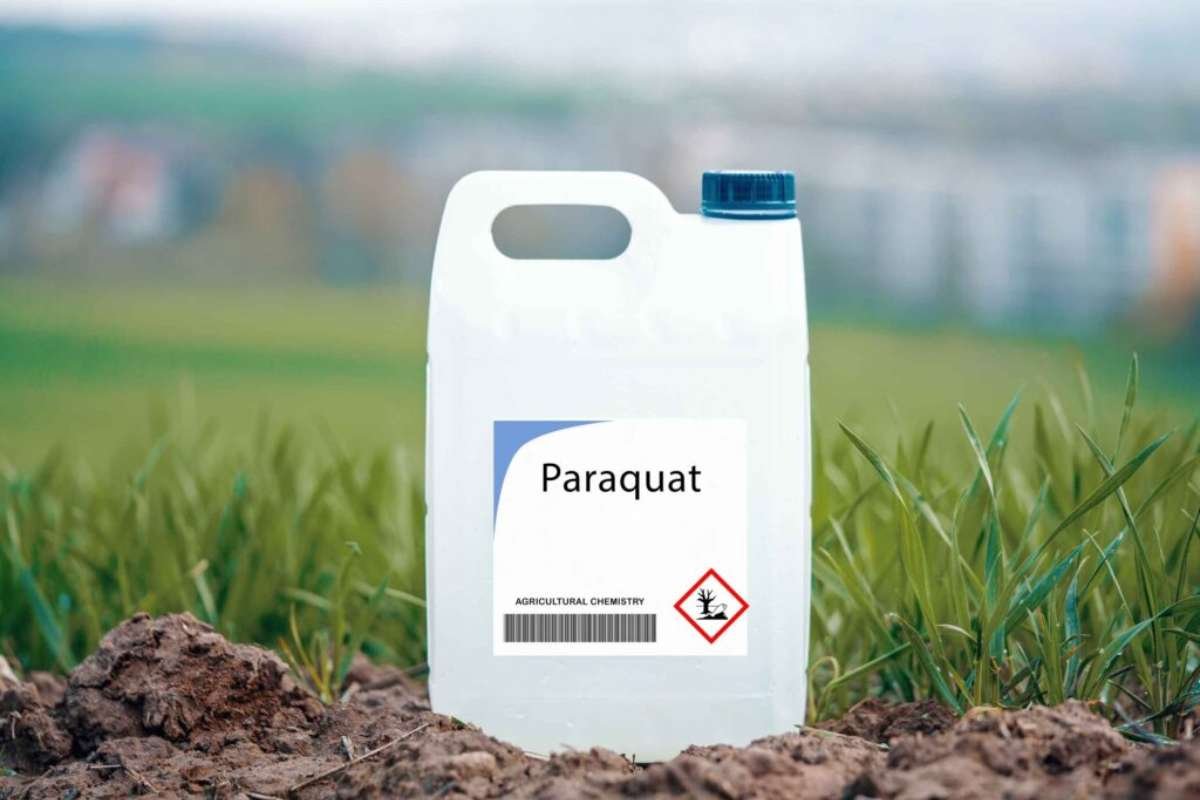Rising Cases of Measles and Vitamin A Toxicity
A growing measles outbreak in West Texas has taken an alarming turn as children are now being treated for vitamin A toxicity. Covenant Children’s Hospital in Lubbock has confirmed that it is currently treating pediatric patients with severe measles cases who are also experiencing toxic levels of vitamin A. While the hospital has admitted fewer than ten children, these patients were initially hospitalized due to measles complications and have since developed abnormal liver function due to excessive vitamin A consumption.
The rise in vitamin A toxicity cases coincides with a surge in measles infections across Texas. More than 320 people have been diagnosed with measles in recent weeks, with 40 hospitalizations and one reported child fatality. As medical professionals work to control the outbreak, they are now also contending with misinformation that is influencing some parents to administer dangerously high doses of vitamin A to their children.
Misinformation and the Promotion of Vitamin A as a Treatment
The spread of misleading medical advice has played a role in the increased cases of vitamin A toxicity. Health and Human Services Secretary Robert F. Kennedy Jr., a well-known vaccine skeptic, has publicly advocated for the use of vitamin A to combat measles. In a March 2 article published on FOX News, Kennedy recommended taking vitamin A under medical supervision for mild, moderate, and severe measles infections. Furthering this narrative, he appeared on Fox News on March 4, suggesting that cod liver oil—rich in vitamins A and D—was proving effective in treating measles patients.
As a result of these claims, cod liver oil has become a highly sought-after product in West Texas, with reports indicating a surge in demand at local pharmacies. However, medical experts caution that excessive intake of vitamin A can lead to severe health complications, including liver damage. The hospital has issued warnings to the public, advising against the overconsumption of the vitamin and emphasizing the lack of evidence supporting its effectiveness in preventing measles.
Medical Experts Dispel Misconceptions
The medical community has been quick to address the growing misconceptions surrounding vitamin A and its supposed benefits in treating measles. While the World Health Organization (WHO) has used vitamin A supplementation in measles-stricken regions of Africa, this strategy is specifically employed in malnourished populations where vitamin A deficiencies weaken immune responses. Unlike those regions, West Texas does not face widespread malnutrition, making excessive vitamin A consumption unnecessary and potentially dangerous.
Health officials continue to stress that vaccination remains the most effective method for preventing measles. The ongoing outbreak highlights the consequences of declining vaccination rates and the dangers of medical misinformation. Physicians urge parents to consult healthcare professionals before administering any supplements to their children and to rely on evidence-based treatments rather than unverified claims.
As Texas battles its largest measles outbreak in years, healthcare professionals remain focused on educating the public and preventing further cases of both measles and vitamin A toxicity. The emphasis remains on vaccination and accurate medical information to curb the spread of the disease and protect children from preventable health risks.







